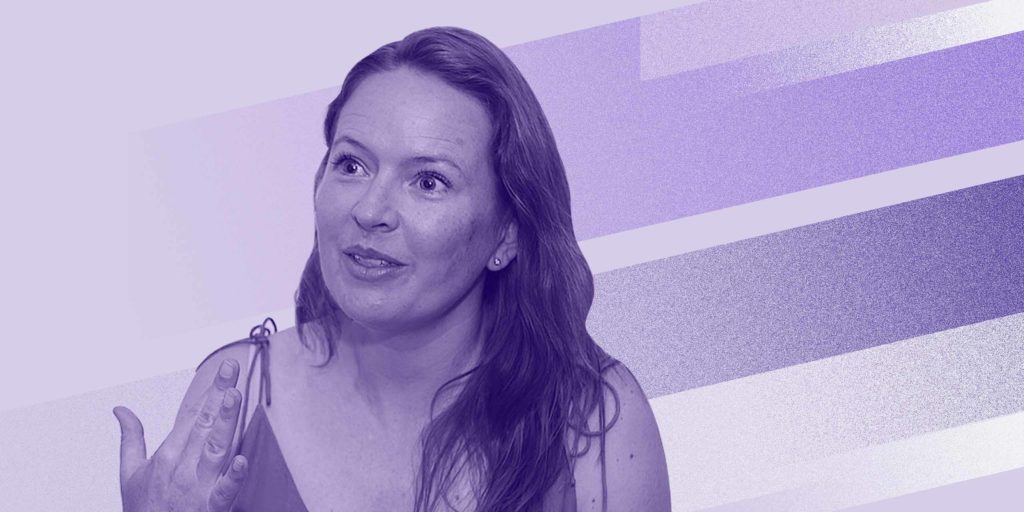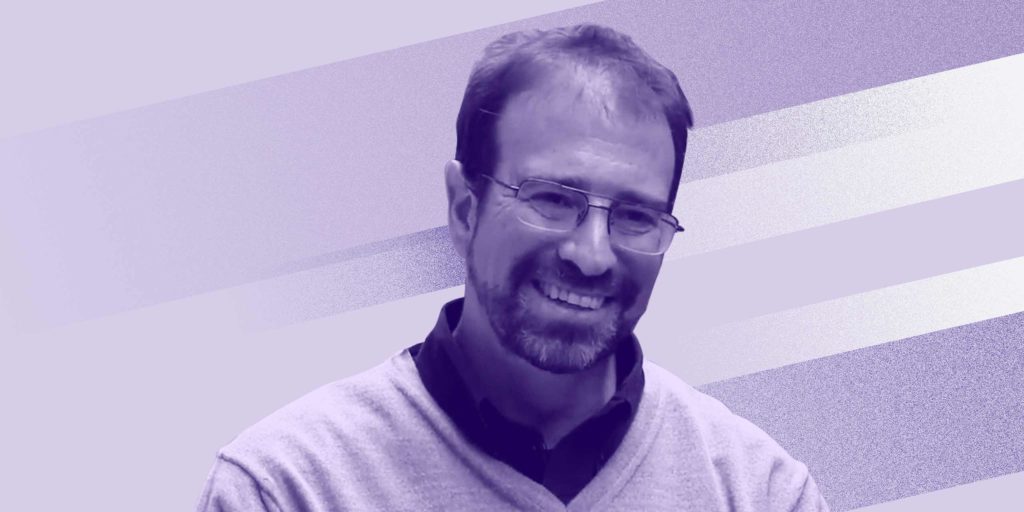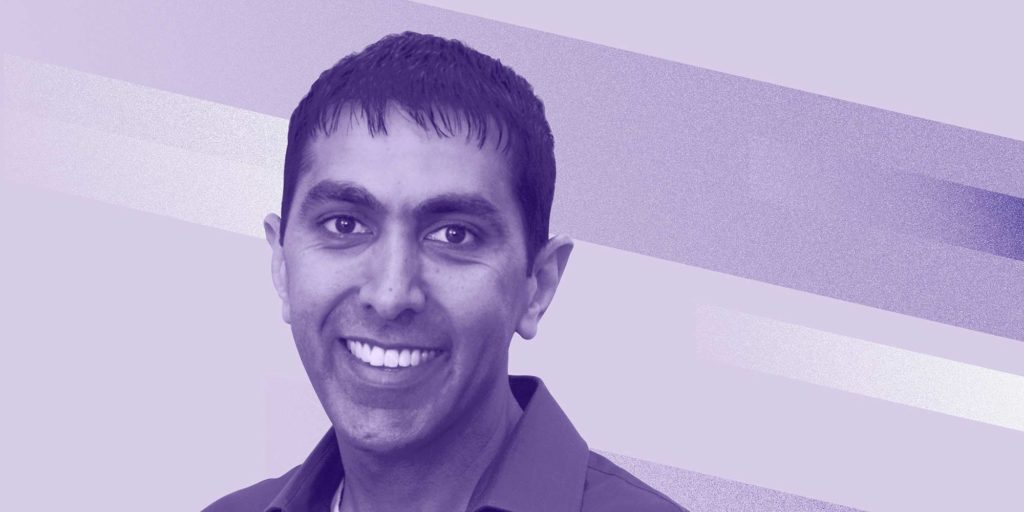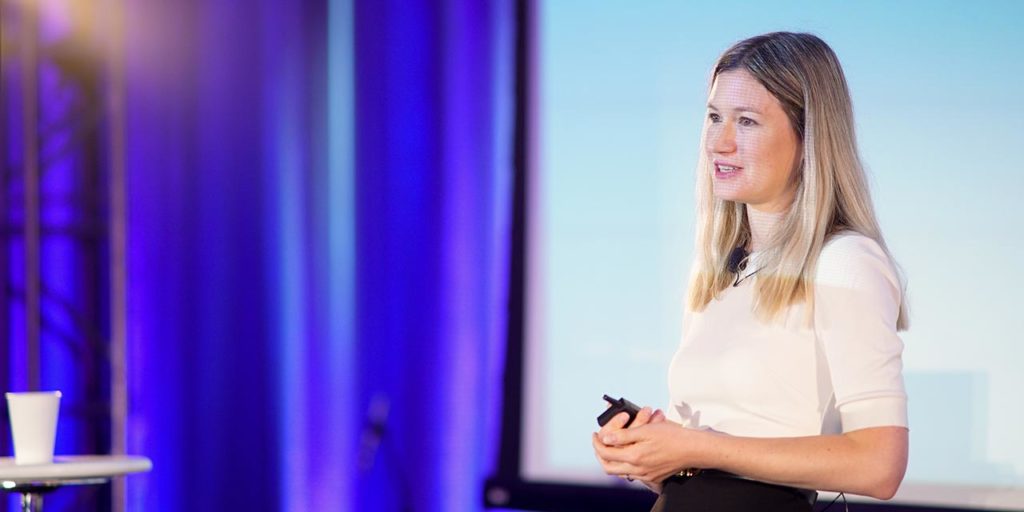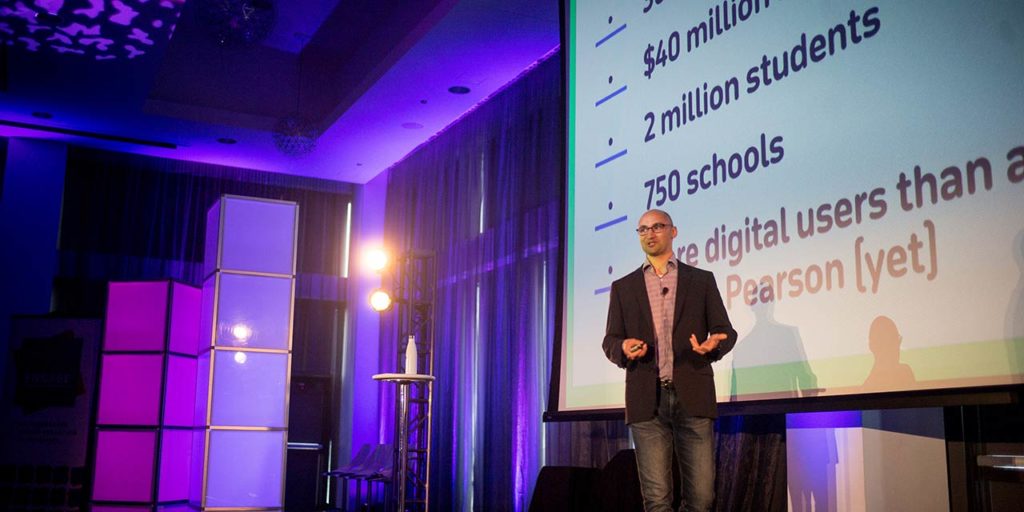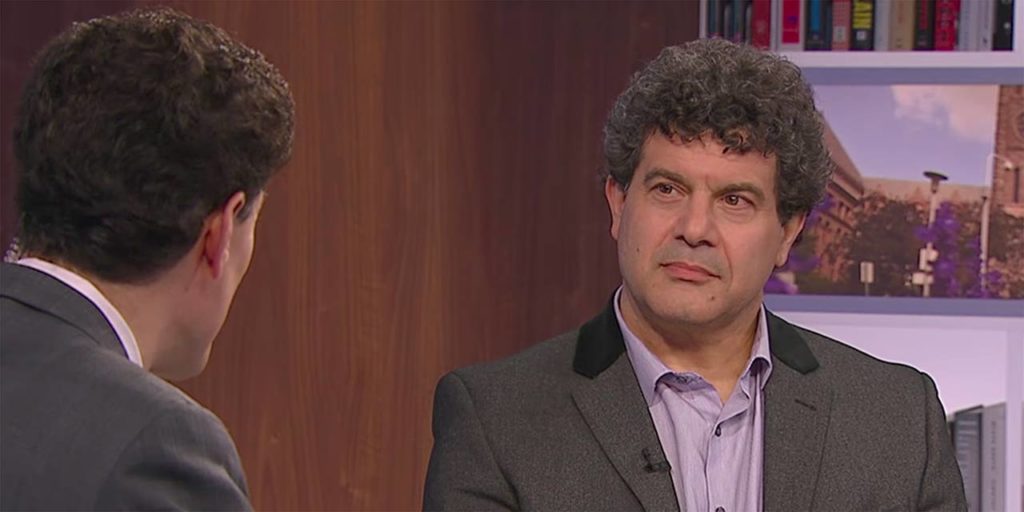This Entrepreneur Is Making Kids Fall in Love With Science
In our recurring series “Academic Admissions” we ask interesting people to tell us about the transformative role education has played in their lives. In this instalment, Renee Watson talks about her early encounters with science in rural Australia and how getting stranded in London with barely enough money to buy a day’s groceries turned into […]
